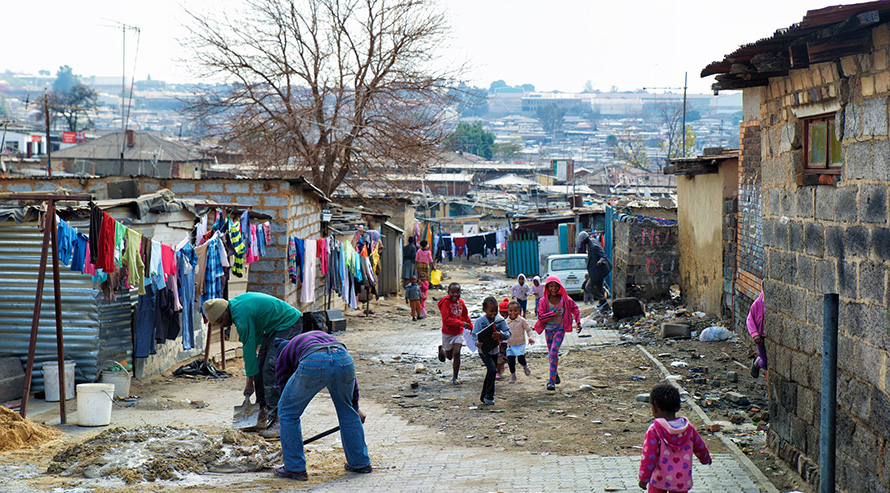On this page, we Discuss Why Unequal Access to Basic Services Could Give Rise to Social Injustices
Unequal access to basic services is a pivotal factor that can lead to social injustices. This disparity not only highlights the gaps within a society’s framework but also exacerbates issues such as poverty, discrimination, and systemic inequality. When certain groups are systematically denied access to services such as healthcare, education, clean water, and sanitation, it creates a cycle of disadvantage that is difficult to break. This essay explores how unequal access to these essential services fosters social injustices and offers examples to underline the urgency of addressing these disparities.
Why Unequal Access to Basic Services Could Give Rise to Social Injustices
Impact on Health and Wellbeing
Unequal access to healthcare services directly contributes to social injustices by affecting the health and wellbeing of marginalized communities.
- Examples:
- In rural areas, the lack of healthcare facilities means that residents often suffer from treatable conditions due to the absence of medical services.
- Lower-income families may not afford quality healthcare, resulting in higher mortality rates and untreated chronic diseases compared to wealthier populations.
Educational Disparities
Education is a fundamental right, yet unequal access remains a significant barrier, perpetuating the cycle of poverty and social injustice.
- Examples:
- Children in underprivileged neighborhoods often attend schools with insufficient resources, leading to lower educational outcomes compared to those in more affluent areas.
- The digital divide became evident during the COVID-19 pandemic, where students without internet access or digital devices were left behind in remote learning settings.
Sanitation and Clean Water
Access to sanitation and clean water is essential for healthy living, yet disparities in these services contribute to social injustices.
- Examples:
- Communities without access to clean water are more susceptible to diseases such as cholera and diarrhea, which can be preventable with proper sanitation facilities.
- The lack of sanitation services in informal settlements not only affects health but also dignity, as individuals are forced to live in unhygienic conditions.
Economic Inequality
Unequal access to basic services exacerbates economic inequalities, trapping individuals in a cycle of poverty.

- Examples:
- When access to quality education is limited, employment opportunities decrease, leading to lower income and reduced economic mobility.
- Healthcare expenses can devastate financially vulnerable families, pushing them into debt and further poverty.
Unequal access to basic services is a significant driver of social injustices, affecting communities’ health, education, economic stability, and overall quality of life. By examining the impacts and providing tangible examples, it becomes clear that to build a more equitable society, there must be a concerted effort to ensure that all individuals have fair access to these essential services. Addressing these disparities is not only a matter of social justice but a prerequisite for sustainable development and social cohesion.
Subscribe to our email newsletter to get the latest posts delivered right to your email.

